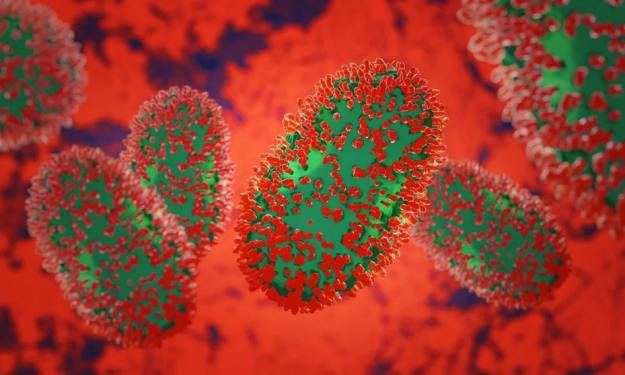Food and Nutrition
The Key to Health and Well-being

Food and nutrition play a vital role in maintaining our overall health and well-being. The choices we make regarding what we eat can have a significant impact on our physical and mental health, as well as our ability to thrive and lead fulfilling lives. In this article, we will explore the importance of food and nutrition, the components of a balanced diet, and how to make informed choices for a healthier lifestyle.
The Importance of Food and Nutrition
Food is the fuel that powers our bodies. It provides us with essential nutrients, vitamins, and minerals that are necessary for growth, development, and maintenance of our bodily functions. Proper nutrition is essential for maintaining a healthy immune system, preventing chronic diseases, and promoting optimal physical and cognitive performance.
A balanced diet, consisting of a variety of foods from different food groups, ensures that we receive all the nutrients our bodies need. These include carbohydrates, proteins, fats, vitamins, minerals, and water. Each nutrient has a specific role in supporting our body's functions. For example, carbohydrates provide energy, proteins build and repair tissues, fats provide insulation and protect vital organs, and vitamins and minerals regulate various bodily processes.
Components of a Balanced Diet
To achieve a balanced diet, it is important to include the following components in our daily meals:
1. Fruits and vegetables: These are rich sources of vitamins, minerals, and dietary fiber. They should be consumed in abundance, as they help protect against chronic diseases and promote overall health.
2. Whole grains: Whole grains, such as brown rice, whole wheat bread, and oats, are high in fiber and provide sustained energy. They also contain essential nutrients and help maintain healthy digestion.
3. Lean proteins: Sources of lean proteins include poultry, fish, beans, lentils, and tofu. Proteins are the building blocks of our body and are necessary for growth, repair, and maintenance of tissues.
4. Healthy fats: Healthy fats, found in avocados, nuts, seeds, and olive oil, are crucial for brain health, hormone production, and absorption of fat-soluble vitamins. However, they should be consumed in moderation due to their high calorie content.
5. Dairy or dairy alternatives: Dairy products, such as milk, cheese, and yogurt, are rich in calcium and other essential nutrients. For those who are lactose intolerant or prefer plant-based options, there are various dairy alternatives available, such as soy milk or almond milk, fortified with calcium and other nutrients.
6. Hydration: Water is essential for the proper functioning of our bodies. It helps regulate body temperature, aids digestion, and transports nutrients throughout our system. It is important to drink an adequate amount of water daily to stay hydrated.
Making Informed Choices for a Healthier Lifestyle
With so many food options available, making informed choices can be challenging. However, a few key principles can guide us towards a healthier lifestyle:
1. Read food labels: When shopping for packaged foods, it is important to read the nutrition labels. Pay attention to the serving size, the amount of calories, and the presence of any additives or artificial ingredients.
2. Portion control: It is crucial to be mindful of portion sizes to avoid overeating. Use smaller plates and bowls, and listen to your body's hunger and fullness cues.
3. Limit processed foods and added sugars: Processed foods are often high in unhealthy fats, added sugars, and sodium. Opt for whole, unprocessed foods whenever possible and choose natural sweeteners like honey or maple syrup instead of refined sugar.
4. Cook at home: Preparing meals at home allows you to have control over the ingredients and cooking methods. It can be a fun and creative way to explore new flavors and ensure a nutritious meal.
5. Seek professional advice: If you have specific dietary requirements or health concerns, consulting a registered dietitian or nutritionist can provide personalized guidance and support.
Conclusion
Food and nutrition are essential for our overall health and well-being. By making informed choices and adopting a balanced diet, we can optimize our physical and mental performance, prevent chronic diseases, and improve our quality of life. Remember, small changes in our eating habits can have a significant and positive impact on our health in the long run. So, let's prioritize food and nutrition as a fundamental part of our lives and embark on a journey towards a healthier future.
About the Creator
imran khalil
In a world where words shape our perceptions, ignite our imaginations, and connect us across time and space, article writers play a crucial role in delivering informative and engaging content. Among these skilled communicators,





Comments
There are no comments for this story
Be the first to respond and start the conversation.